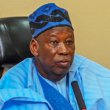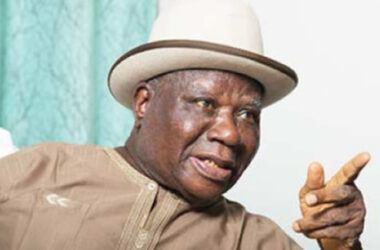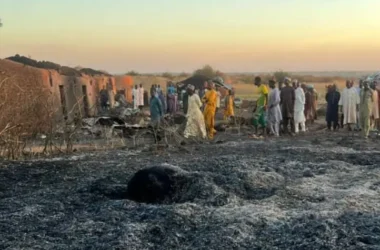The Chairman of the Presidential Committee on Fiscal Policy and Tax Reforms, Taiwo Oyedele, says under the new tax rules, Nigerian families earning N250,000 or less every month should not be paying personal income taxes.
Oyedele made this known during an interview on Politics Today, a programme on Channels Television, just hours after President Bola Ahmed Tinubu signed four new tax-related bills into law.
These tax changes are set to begin in January 2026. He noted that the new laws are not meant to raise tax amounts but are instead aimed at boosting economic growth and ensuring fair taxation.
According to Oyedele, one of the key goals is to stop taxing people who are already struggling. “This tax law will not give you cash in your pocket, but at least it won’t take your cash away if you are poor,” he said. He also noted that the reforms are designed to support business growth and target those who have been avoiding taxes, instead of placing more pressure on the poor.
When asked to explain what the committee meant by a “poor household,” Oyedele said they defined it as a family of five with two people working and earning around N120,000 to N130,000. He said this amounts to about N250,000 total income monthly, which is still not enough to afford luxuries, but just enough to survive. “They are poor, and they shouldn’t pay taxes,” he added.
Oyedele further noted that the new tax system will bring fairness. Low-income earners will no longer pay any personal income tax, while middle-income earners—those earning between N1.8 million and N2 million per month—will get some relief through reduced tax rates. However, people who earn more than N2 million monthly, which he said makes up less than 5% of Nigerian workers, will see a slight increase in their tax rates.
He said the committee considered many factors before reaching this conclusion, especially around how poverty is measured in Nigeria. Oyedele explained that they couldn’t rely on international standards alone. “First, we started with data like the World Bank and the UN will tell you two dollars, fifteen cents a day per person means you are at the poverty line but there are people who do not earn two dollars a day but they are not poor because they produce the food that they eat and they do not pay for transportation. I lived and grew up in the village.”
This, he said, led the committee to set its own poverty line based on the Nigerian reality—an average household of five, with two people bringing in income.









